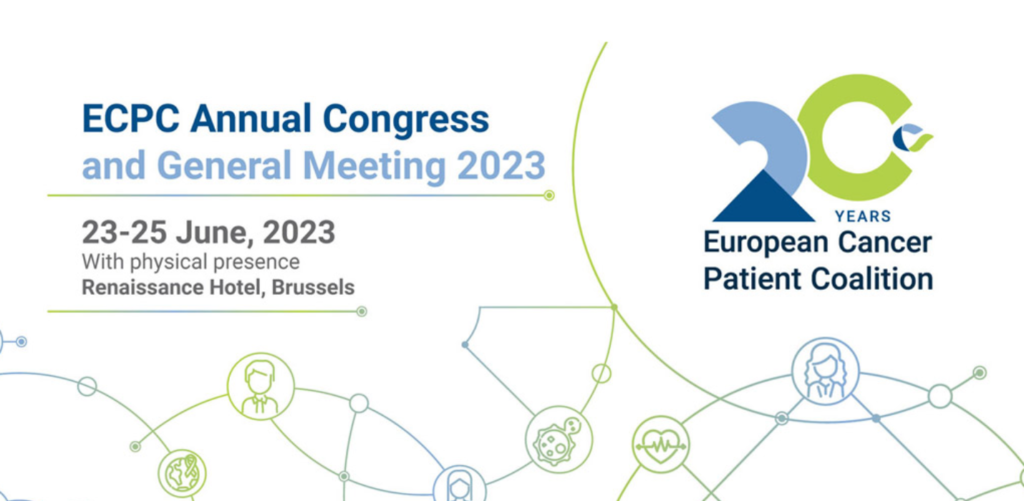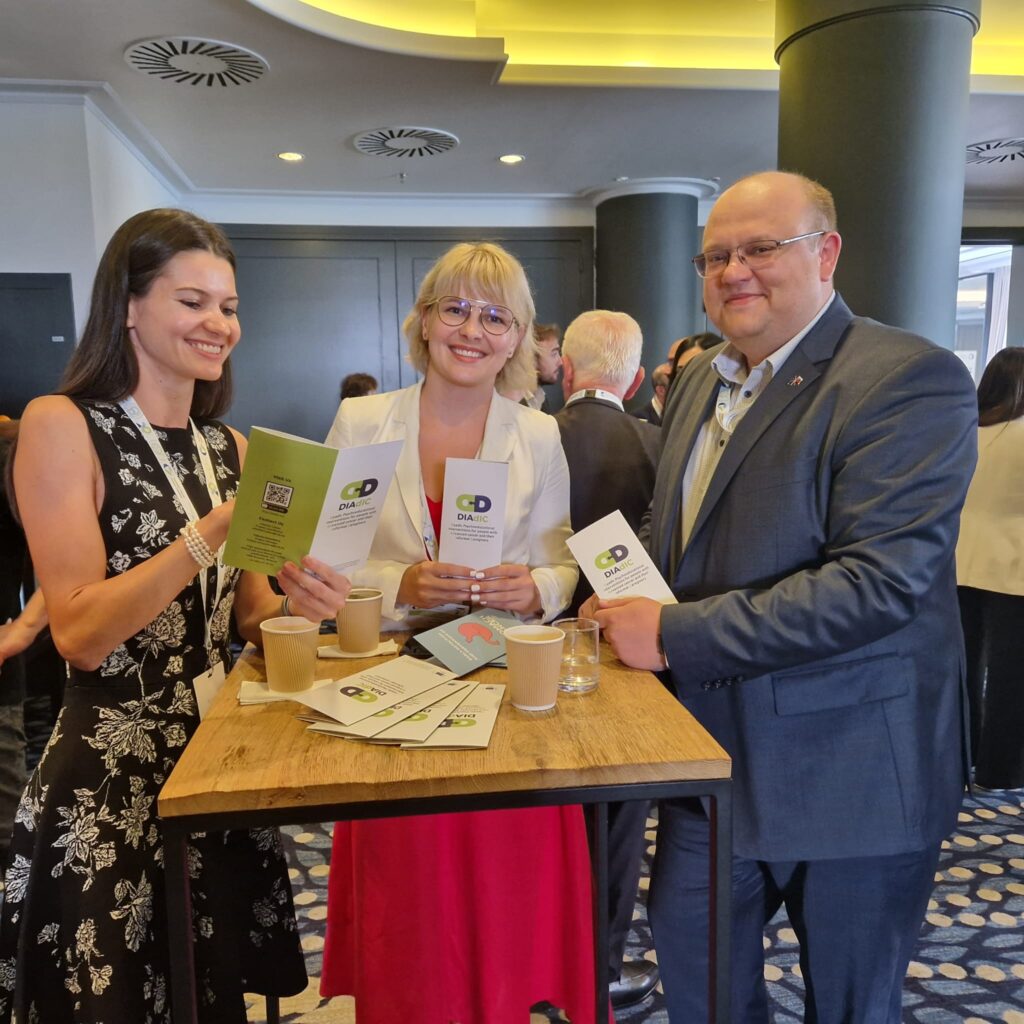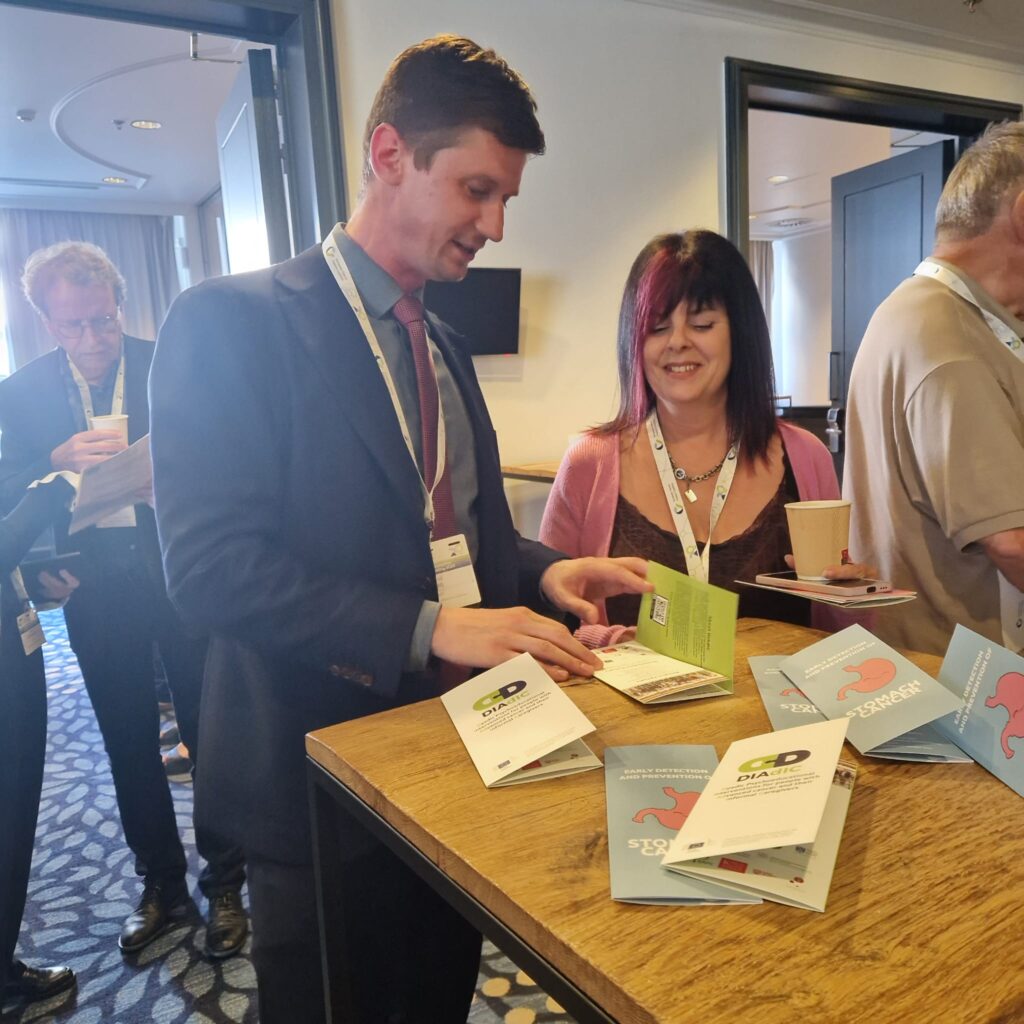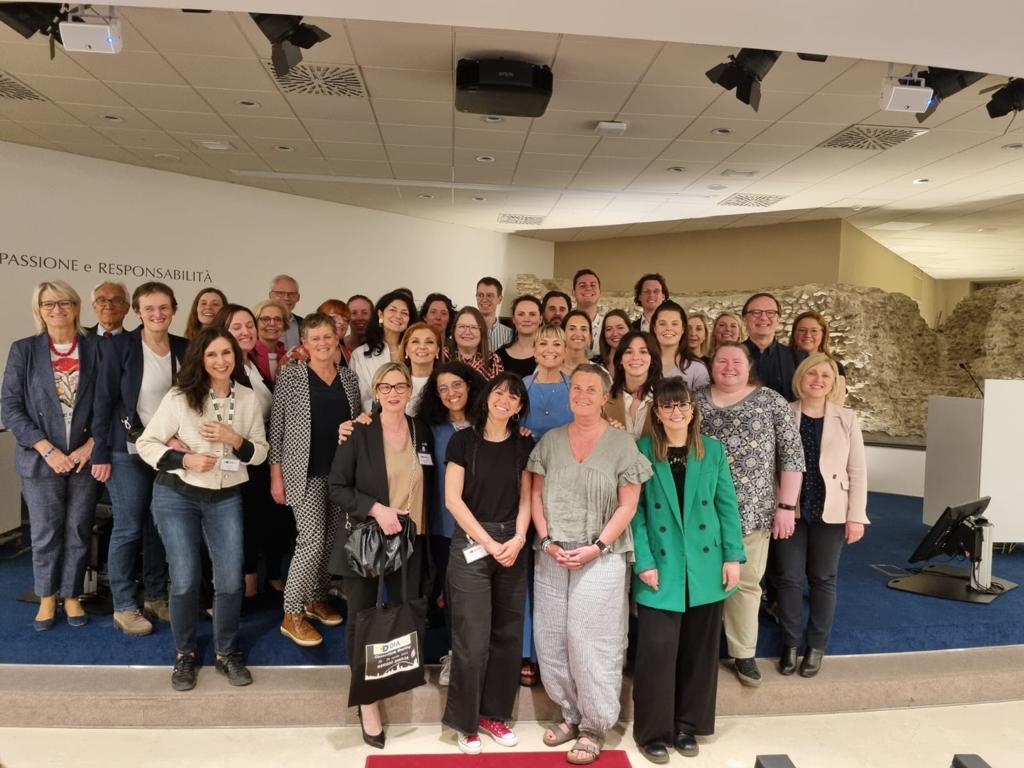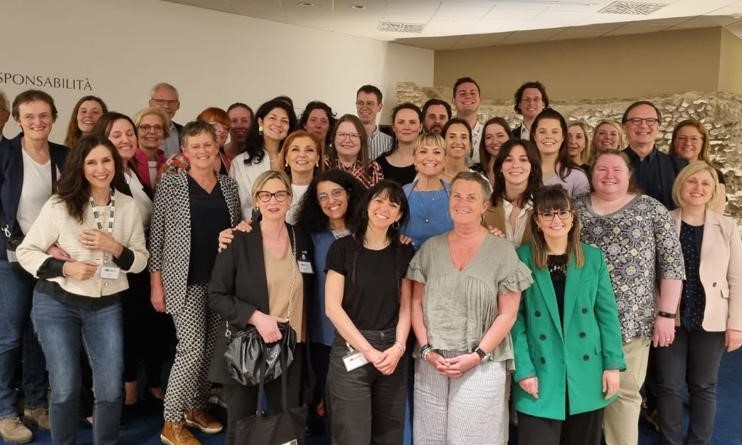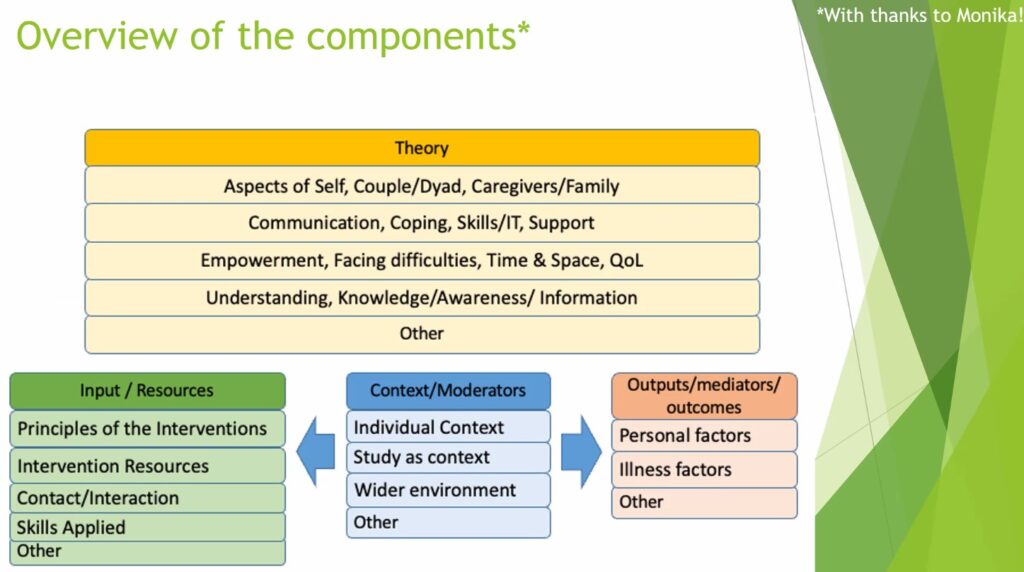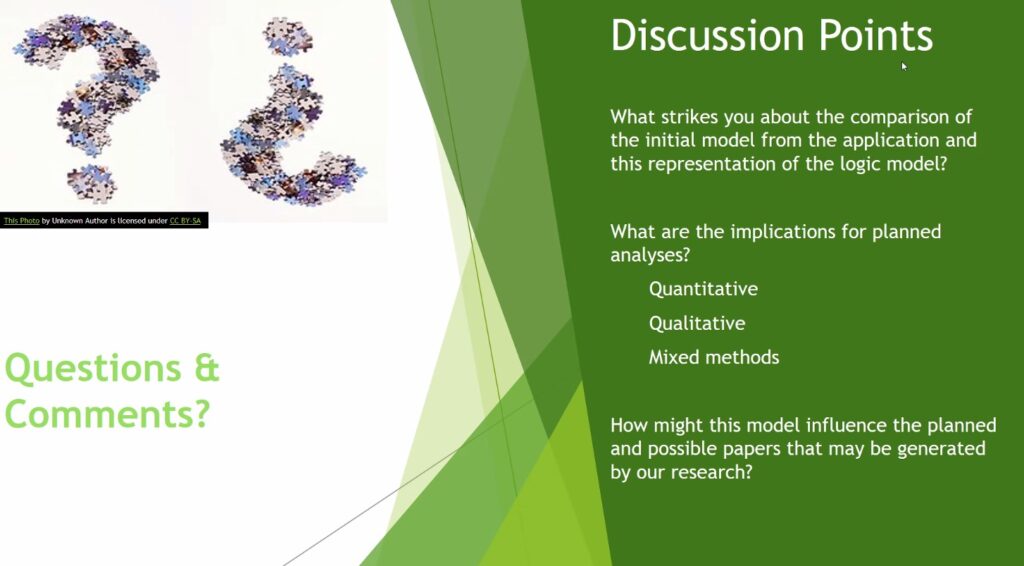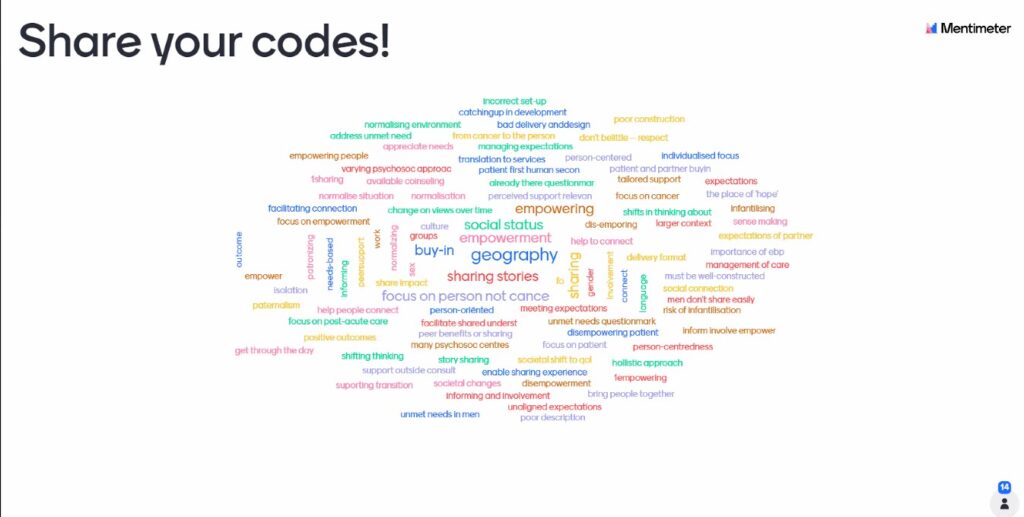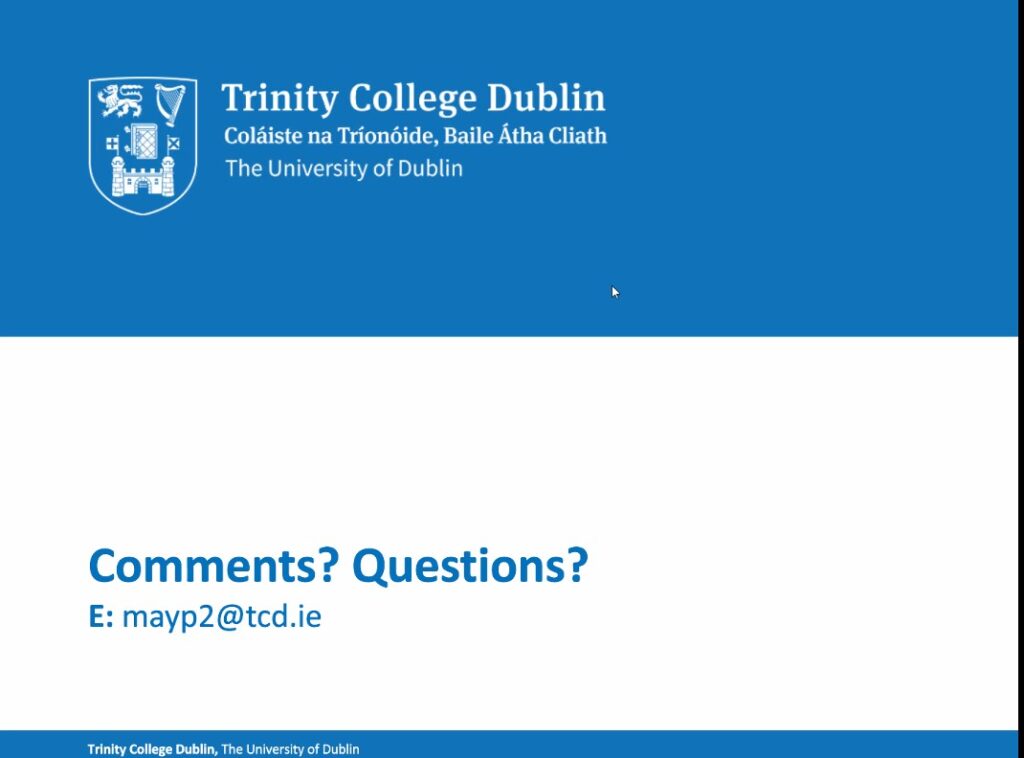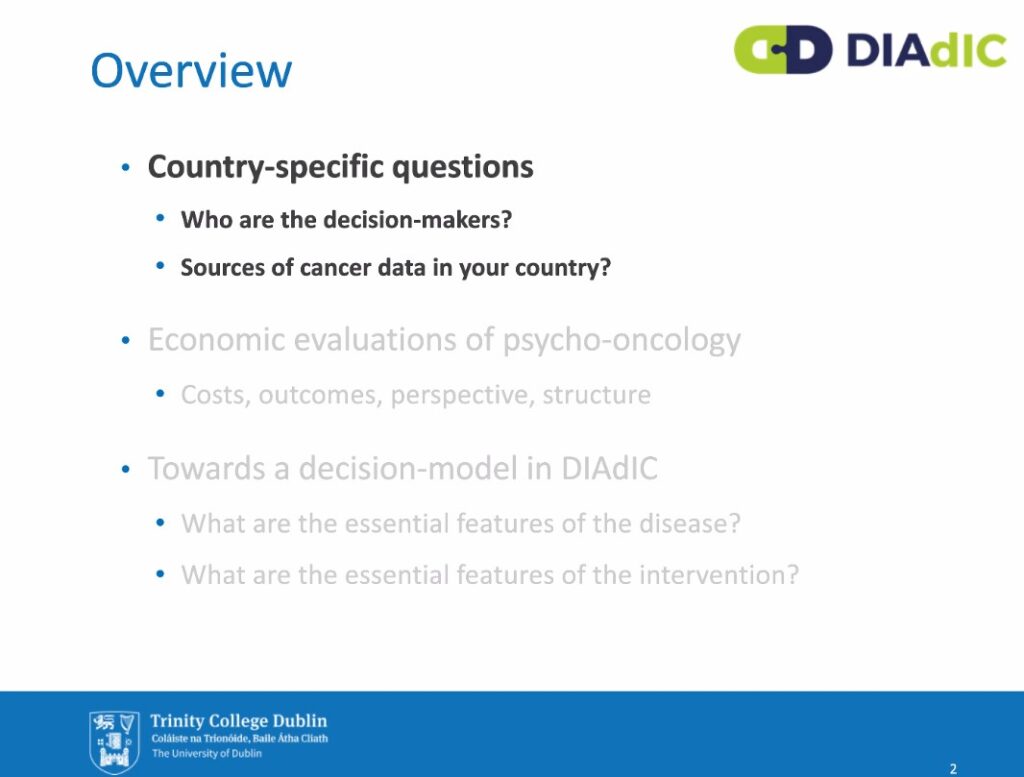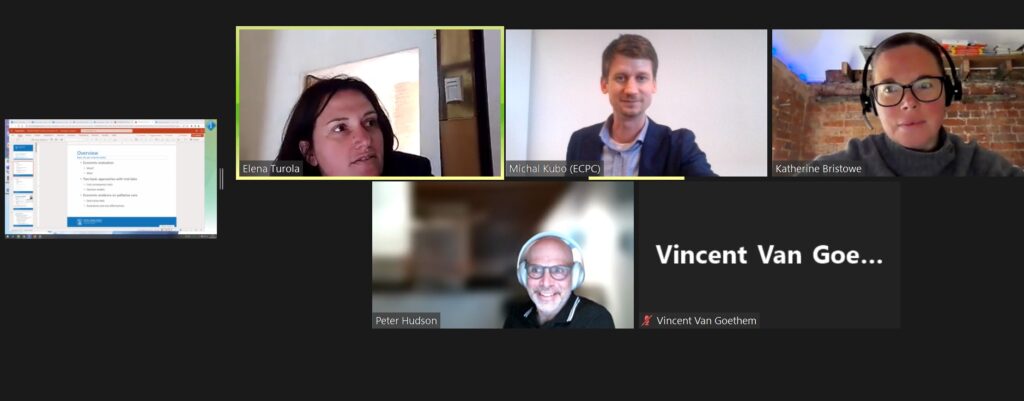At the end of last year, the article describing the development process of the FOCUS+ program was published in the medical scientific journal Support Care in Cancer. The article presents the systematic translation and adaptation of the FOCUS program, a USA-based supportive intervention for persons with cancer and their family caregivers, for use in six European countries.
In summary, the main message of the article is that using Participatory and Iterative Process Framework for Language Adaptation (PIPFLA) methodology is an efficient framework to thoroughly adapt a complex psychoeducational USA-based program for use in six European countries, i.e. Belgium, Denmark, Ireland, Italy, the Netherlands, and the UK. The main purpose of this program is to support the dyads of patients with cancer and their family caregivers. The results have been achieved in collaboration with end users (e.g., nurses, patients, family caregivers) and researchers from all six countries reviewed program materials and advised on adaptations.
A participatory scientific approach was used to guide the translation to the local European contexts. The PIPFLA process resulted in one European version of the program in different languages (FOCUS+). The program and conversation manual are uniform across all countries. The main adaptations to the original FOCUS program included additional attention to needs; more emphasis on self-management, advance care planning, and shared responsibilities; outlook rather than optimism; educational role rather than therapeutic.
You can read more about it here.


